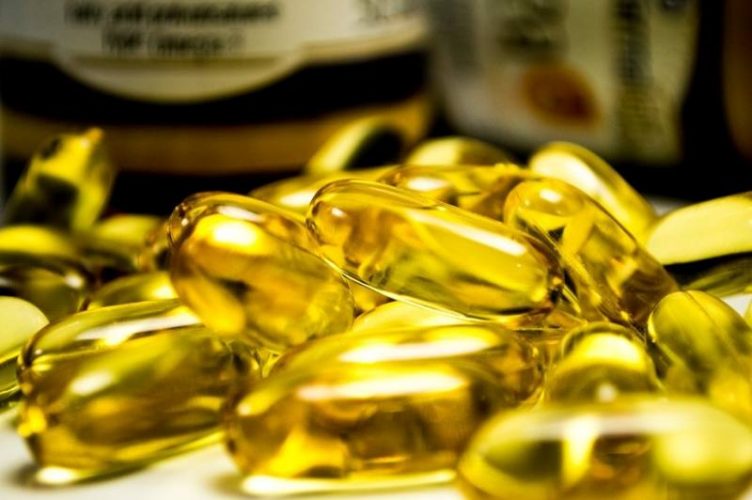https://commons.wikimedia.org/wiki/File:Antarctic_krill_(Euphausia_superba).jpg
Krill oil has gained a lot of popularity as a nutritional supplement in recent years. The very versatile oil which is derived from a little marine crustacean has a high content of valuable Omega 3 fatty acids.
What is Krill?
Krill are marine shrimp (crustaceans) of the order Euphausiacea. They are Zooplankton and are a fundamental part of the planktonic food web, Krill filter feed on phytoplankton (even smaller plankton). So far there are 86 krill species known to inhabit the oceans of the world. Depending on the species they can live in water with temperatures from -1 to +25 degrees Celsius.
How big are krill?
Krill are small crustaceans with a chitinous exoskeleton. Most species are just about 1 inch long, some tropical species grow to about 4 inches. Most have transparent bodies with large complex compound eyes, two antennas, feeding legs, and swimming legs.
Where do krill live?
Krill is best known for the huge swarms that occur in arctic and antarctic waters. The arctic Krill populations serve as major food sources for larger arctic fish and are an important source of protein for large whales. In some countries, Krill has been a traditional part of the human diet. Krill is also commercially fished, especially in the waters around Japan and the Southern Ocean. and serves as feed in the aquaculture.
What is krill oil used for?
Due to the high levels of omega-3 fatty acids, it is oil is of high economic value and is used in many industries. The food industry produces krill oil nutritional supplements. The oil of small marine life is also used in various products in the pharmaceutical and cosmetics industries.
Krill Oil Versus Omega 3 Fish Oil
Fish oil has been a popular supplement for years, largely because it contains two omega-3 fatty acids in the form of eicosapentaenoic acid (EPA) and docosahexaenoic acid (DHA). In recent years, krill oil has also come onto the market and is often seen as having bigger health benefits than omega-3 fish oil. Both supplements contain omega-3 fatty acids but how do they stack up against each other? This article looks at the benefits of omega-3 fish oil and krill oil.
The Benefits of Fatty Acids
Both EPA and DHA have important roles to play in the body. DHA has anti-inflammatory benefits, is strongly linked to keeping your brain healthy and helps the nervous system to work efficiently. EPA helps your body to produce DHA.
Are They Different?
Although both krill oil and omega-3 fish oil are rich in omega-3 fatty acids, experts believe that the body does not use them in the same way. They have a different chemical structure, which is why krill oil is not the same color as fish oil.
Studies have suggested that krill oil can be absorbed more effectively by the body and this may impact on how much benefit is gained from the fatty acids.
Krill Oil May Have Healthy Heart Benefits
The cardiovascular benefits of fish oil have been known for some time but could krill oil take this to another level? Some of the studies that have been carried out to date suggest that this could be the case.
Krill oil contains an antioxidant known as astaxanthin. This has been shown to increase HDL cholesterol levels in people whose blood lipids are a little on the high side and may have benefits for keeping your heart healthy. However, these studies have used high amounts of astaxanthin and more research needs to be done to find out if smaller amounts will still improve cardiovascular health.
Another study directly compared krill oil and fish oil to see what effect they both have for people with high cholesterol levels. Over the three month study period, participants were given either fish oil, krill oil or a placebo supplement. Both krill oil and fish oil improved cardiovascular health but krill oil also had the ability to reduce LDL cholesterol and blood sugar levels.
With krill oil still being relatively new on the market, there is still a lot more research that needs to be done but so far, it has shown a lot of promise for heart health in particular.

Sources and further reading:
Krill – a little crustacean with big potential
What If We Had All Listened to NASA and Started Eating Krill?
